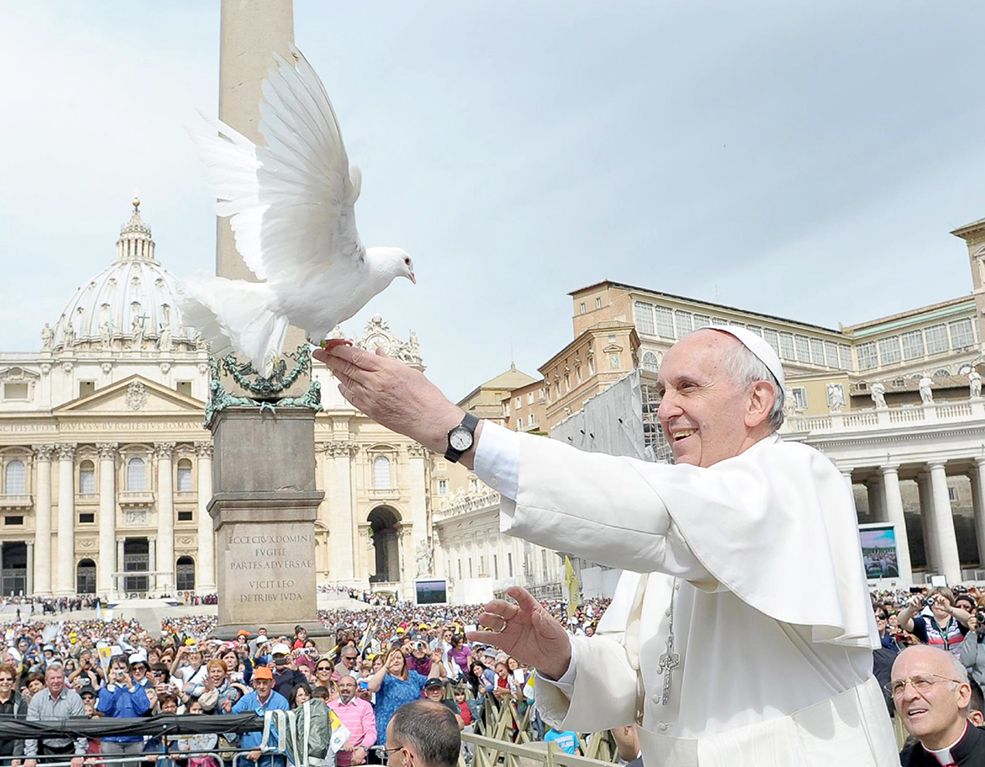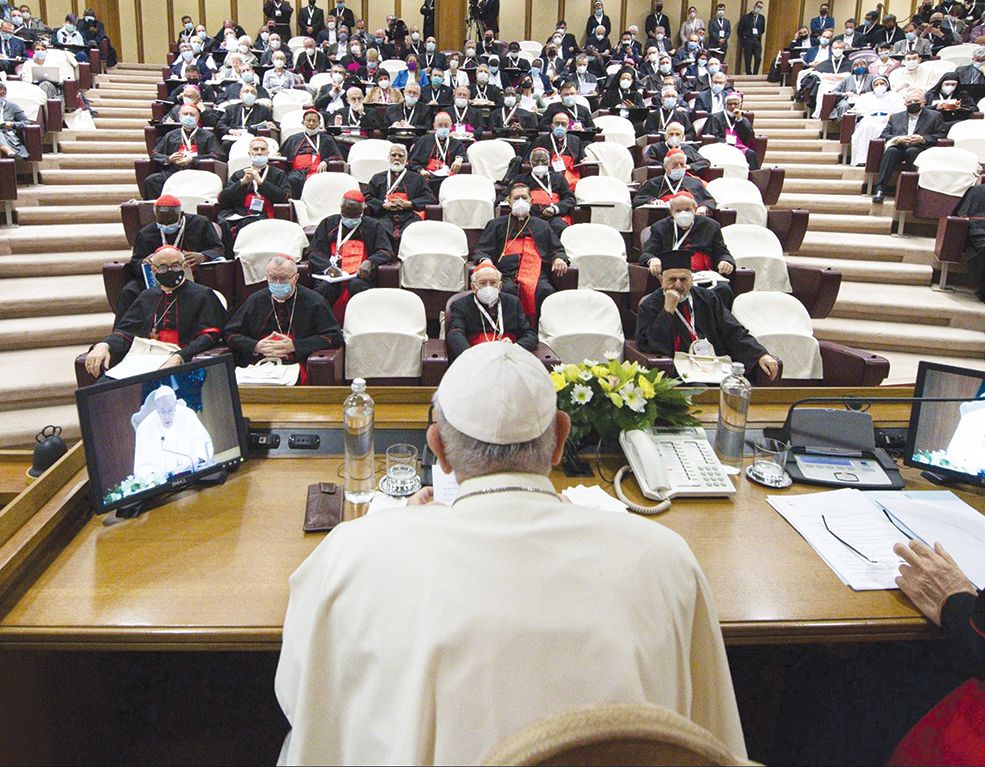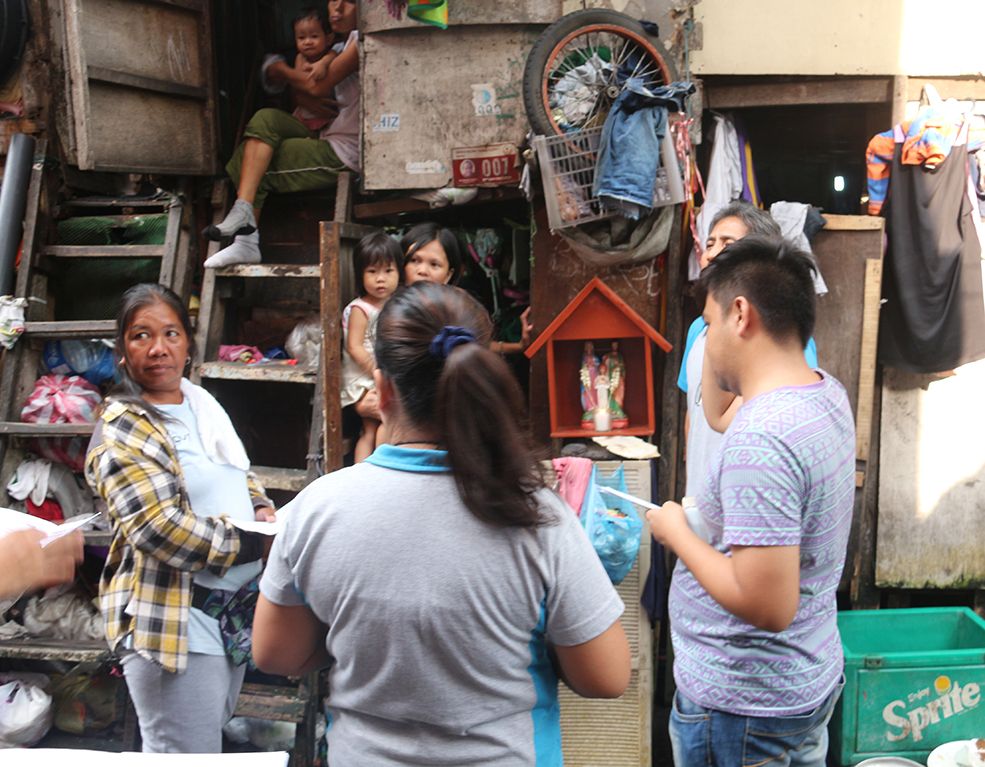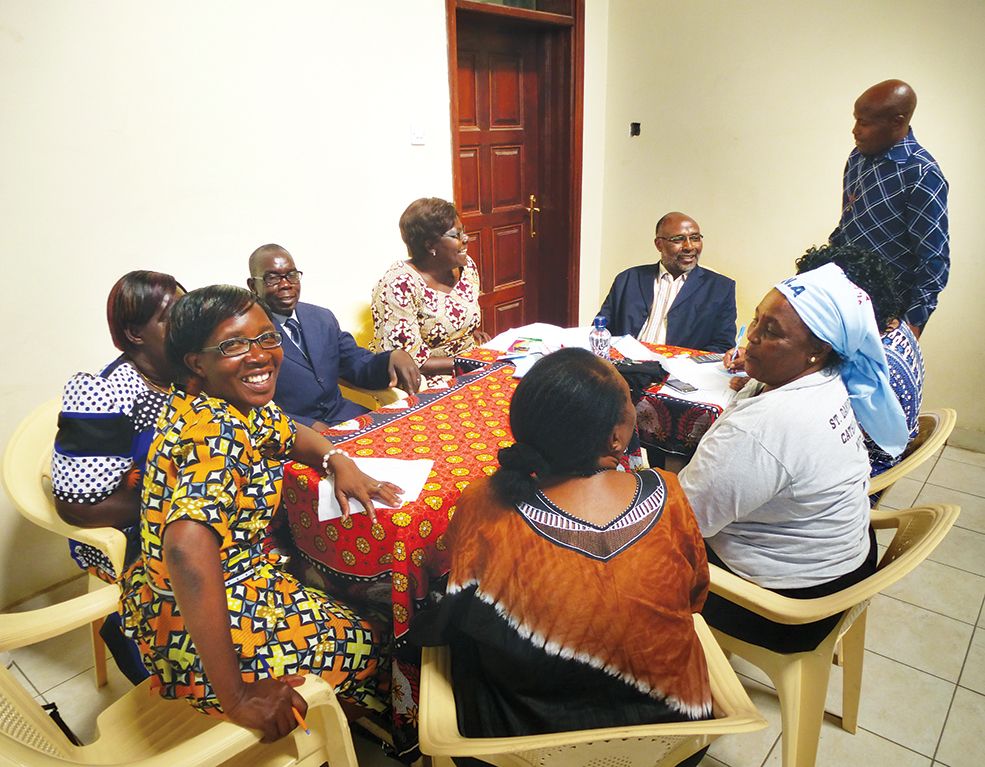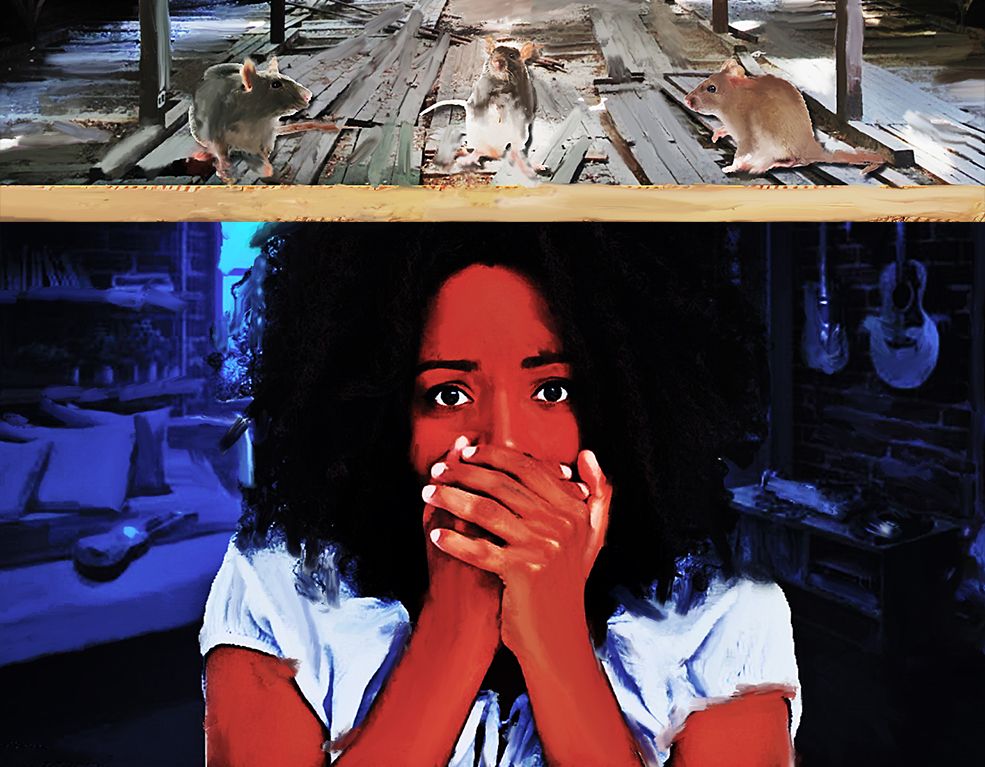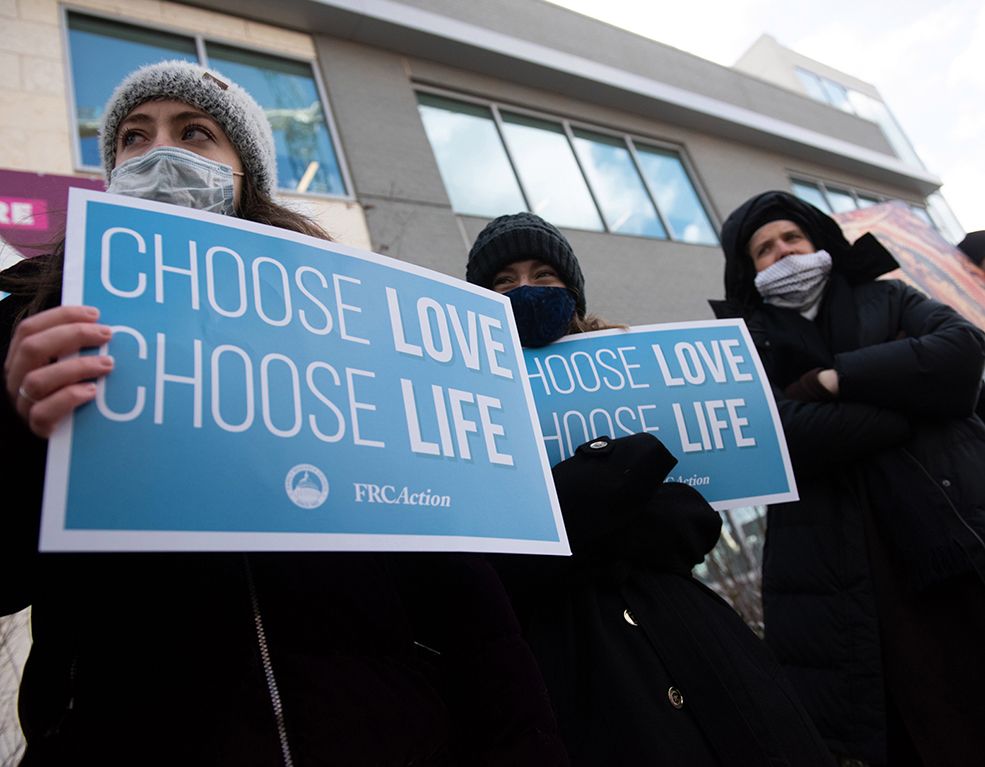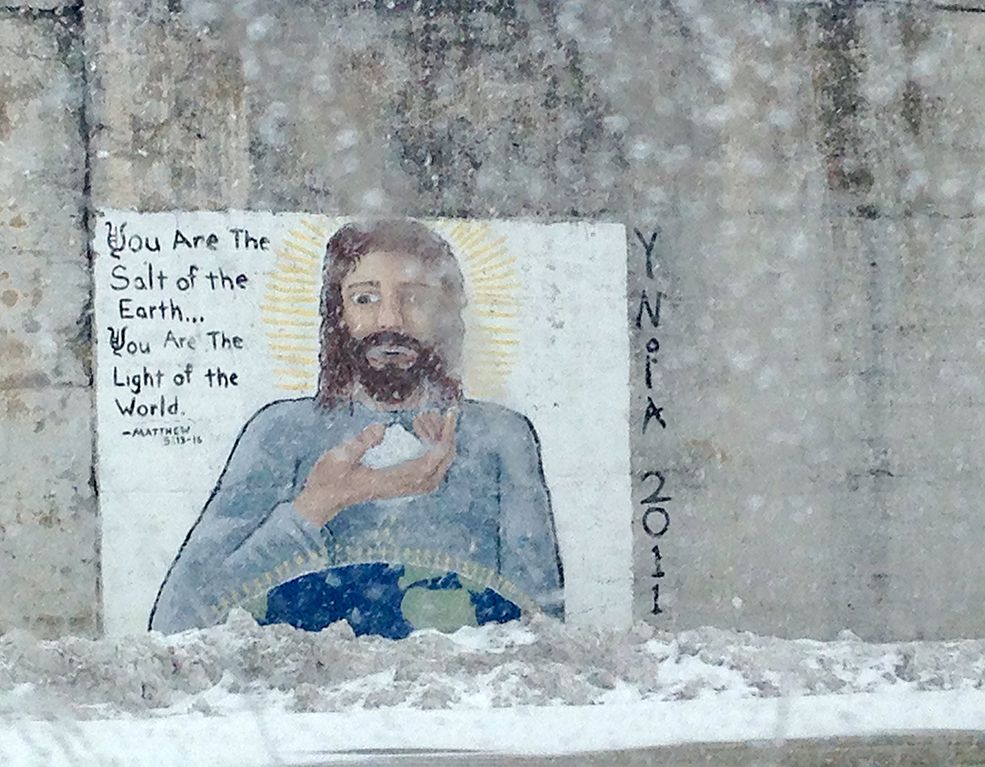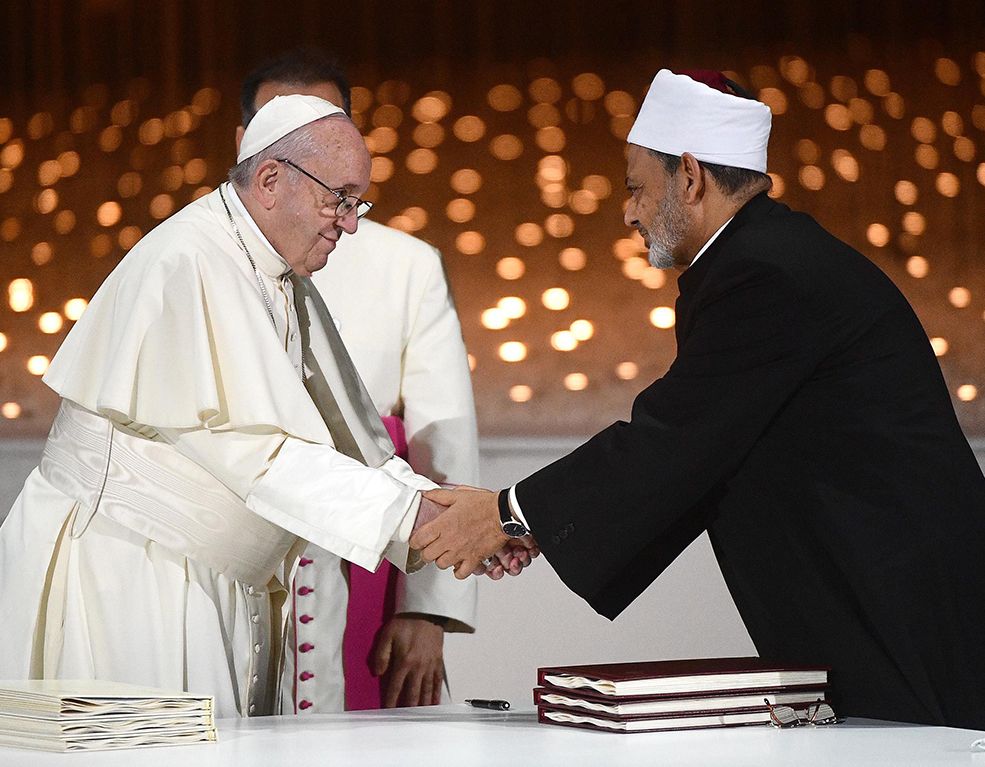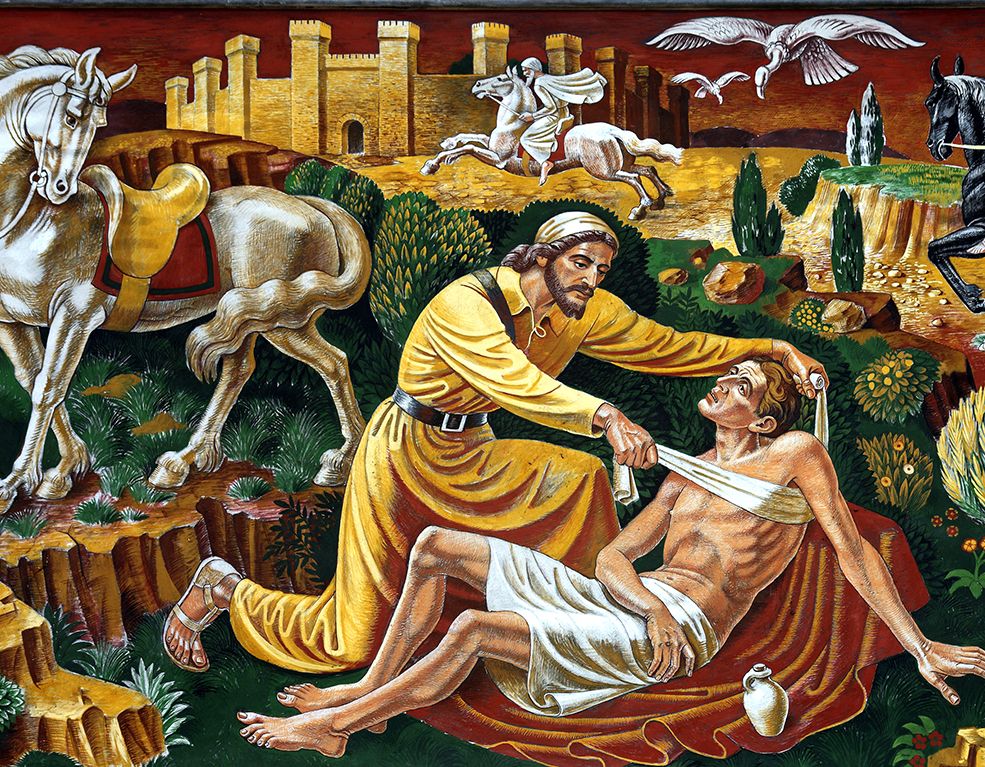Some time ago I wrote an article entitled, “Indignation, a Great Virtue.” In today’s article, I say that while wrath must be avoided as it is one of the capital vices, indignation, expressing disapproval for what is evil, is a virtue. The Prophets, Jesus Himself, and the great Saints like John Paul II practiced it. Pope Francis, on his part, practices indignation not by sending people to hell, but by calling evildoers to conversion and so to salvation.
In the entire first chapter of the Encyclical letter Fratelli Tutti, Pope Francis highlights the virtue of indignation. Some individuals and groups, however, have had negative reactions to his considerations, seeing in this chapter an exaggerated negative view of the world. Even so, I disagree with them, and I am with countless other people who have maintained their positive reactions. In fact, in this chapter, I see Pope Francis expressing indignation for the many evils present in the world, but without aggressiveness and pessimism.
Build A Better World
Moreover, for every bit of evil that he identifies, he presents good proposals aiming at building up a better world for all. It seems to me that in the back of Pope Francis’ mind is the question: “Which are the great ideals and the practical ways we can find to build a better world?” To this question, the Pontiff has indicated ‘Universal fraternity and social friendship’ as ways to build a better, more just and peaceful world, with the contribution of all people and institutions.
For all this to become a reality, ‘dreaming together’ is a must. This reflects the mind and heart of Pope Francis. Several times, while in communion with him, I presented God as the greatest dreamer and said: “Blessed are those who dream with God and, while dreaming, are committed so that their dreams may come true.”
Universal Fraternity
In chapter one, Pope Francis, the great dreamer, speaks with the pain of ‘shattered dreams.’ Yes, because people all over the world, instead of dreaming, have destroyed great, beautiful dreams. Here are some of the trends that hinder the development of ‘universal fraternity and social friendship’ as found in the first chapter of Fratelli Tutti:
1. The shattered dream of a united Europe caused by the inability to acknowledge its shared roots and to rejoice in its diversity; also, by the inability to work together in bridging divisions and in fostering peace and fellowship between all the people of the continent (n.10).
2. Signs of regression present all over: ancient conflicts breaking out, resentful and aggressive nationalism which is on the rise, for example, national interests defended through new forms of heavy selfishness and lack of social awareness (n.11).
3. Economic powers that promote individual interests at the expense of the poor and the weak, making them vulnerable and dependent (n.12).
4. A growing loss of the sense of history; a history which should teach us how to live and from which we should learn to avoid the mistakes of the past and to develop all that was built as good (n.13).
5. New forms of cultural colonization through great words rendered empty of their meaning or through manipulating them (n.14). In this number, Pope Francis says: “Nowadays, what do certain words like democracy, freedom, justice or unity really mean? They have been bent and shaped to serve as tools for domination, as meaningless tags that can be used to justify any action.”
In our next article, we will see some other trends that, according to Pope Francis, hinder the development of ‘universal fraternity and social friendship.’ As for now, let us commit ourselves to generate fraternity and friendship in our own families and in our own small communities, and to create deeper unity within ourselves against any kind of fragmentation. We must always remember that in order to be valid instruments in God’s hands for the transformation of humanity along the lines of growth, we must change ourselves and be open to the whole world.
May God grant us this grace through the intercession of Mary and all the Saints.

